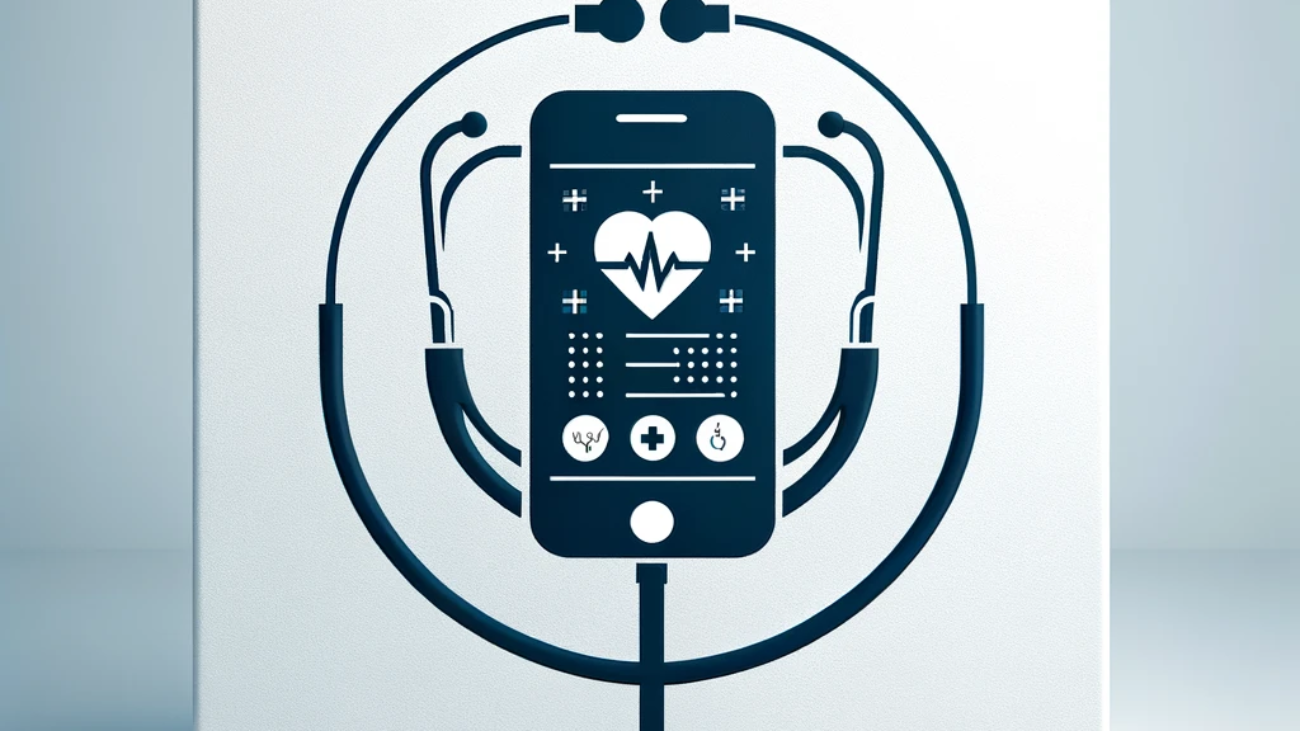The European Union has recently achieved a significant milestone in healthcare management with the provisional agreement on the European Health Data Space (EHDS). This innovative regulatory framework is crafted to streamline the exchange and access of health data across EU nations. By promoting interoperability and accessibility of electronic health records, the EHDS aims to enhance the efficiency of healthcare delivery and expand the scope of medical research. This initiative represents a crucial advancement in integrating digital health solutions at a pan-European level, potentially transforming how health services and patient care are managed across borders.
This development is particularly significant as it sets a progressive example for other countries, including India, which is actively working towards digitalizing its healthcare infrastructure. The EHDS model provides valuable insights into the creation of a cohesive digital health environment, emphasizing the importance of a unified framework to facilitate secure and seamless access to health data. For a country like India, where healthcare services are marked by diversity and disparity, adopting similar regulations could lead to significant improvements in healthcare outcomes. By ensuring that health data is easily accessible across different regions and health institutions, India can achieve a more integrated healthcare system, improving both the reach and quality of medical services available to its population.
Furthermore, the EHDS initiative underscores the potential of digital health platforms to support public health policies and scientific research, aspects that are increasingly crucial for India. With a vast population and diverse health challenges, India stands to gain immensely from a well-structured digital health space that supports not only healthcare delivery but also facilitates research and development. Learning from the EU’s approach to handling sensitive health data with strict privacy and security measures can guide India in implementing robust data governance frameworks. This would not only bolster public trust in digital health services but also enhance India’s capabilities in preventive healthcare and epidemic management, leveraging data-driven insights to inform and optimize public health strategies.
India’s Healthcare Digitalization: Current State and Opportunities
India has taken significant steps towards modernizing its healthcare system through initiatives like the National Digital Health Mission (NDHM), aimed at creating a unified digital health infrastructure. Despite these efforts, the country continues to grapple with challenges such as a fragmented digital landscape and varying levels of digital health literacy among its citizens. The European Union’s Health Data Space (EHDS) provides a compelling model that addresses these issues through enhanced interoperability, strict privacy protocols, and broader access to health data. This model could serve as a blueprint for India, offering solutions to integrate diverse health systems and improve the management of health information across the country.
Adopting a framework similar to the EU’s EHDS could lead to significant improvements in how health data is handled across Indian states and territories. By fostering a more integrated network, India could ensure that health data is easily and securely shared, enhancing the delivery of healthcare services nationwide. Such a system would not only streamline medical care but also bolster India’s capabilities in managing public health emergencies and conducting comprehensive epidemiological surveillance. This cohesive digital health framework would enable more effective and timely responses to health crises, ultimately leading to better health outcomes and more resilient healthcare infrastructure.

Enhancing Access and Control for Individuals
One of the standout features of the European Health Data Space (EHDS) is its emphasis on empowering individuals with greater access to and control over their personal electronic health data. Implementing similar measures in India could fundamentally transform the patient care landscape. By providing patients the ability to electronically access their health records from anywhere, India could dramatically enhance the effectiveness of medical treatments and overall patient satisfaction. Such accessibility ensures that patients are no longer passive recipients of healthcare but active participants in their health management, which can lead to better health outcomes and more personalized care.
Moreover, granting patients control over their health data is in line with international norms on privacy and personal rights, which is crucial for building a robust healthcare system based on trust. In India, where concerns over privacy and data security are particularly acute, establishing stringent controls and clear protocols for data access can reassure the public about the safety of their personal information. This shift towards a more transparent and secure handling of health data can strengthen the relationship between healthcare providers and patients, fostering a more trusting environment that encourages the sharing of information necessary for effective medical care.
Adopting these principles from the EHDS can therefore not only improve healthcare delivery in India but also align it with global privacy standards. Enhanced control and accessibility of health data can lead to increased trust and engagement between patients and healthcare providers, creating a more dynamic and responsive health system. As India continues to expand its digital health infrastructure, integrating these elements will be essential for achieving a more integrated, efficient, and patient-centered healthcare system.
Boosting Research and Policy-Making with Secure Data
The EHDS is set to unlock a treasure trove of data for researchers and policymakers, which could similarly benefit India. By establishing a secure, standardized system for health data, India can facilitate robust research environments that can accelerate medical research and innovation. This is crucial for a country that aims to be a leader in pharmaceuticals and medical technology.
Moreover, data-driven policy-making can lead to more effective health strategies, tailored to the diverse needs of India’s population. Learning from the EU’s focus on secure and ethical data use for research and policy support, India can enhance its public health interventions and policy formulations.
The European Health Data Space sets a benchmark in health data management that India can aspire to. By adopting similar frameworks, India can not only streamline healthcare delivery but also ensure it is equitable and efficient. This initiative can serve as a blueprint for India to harness the power of digital health, ultimately leading to a healthier nation. As India continues to push the envelope in digital healthcare, lessons from the EU’s EHDS could be invaluable in shaping a future where health data becomes a cornerstone of medical excellence and innovation.


Leave A Comment